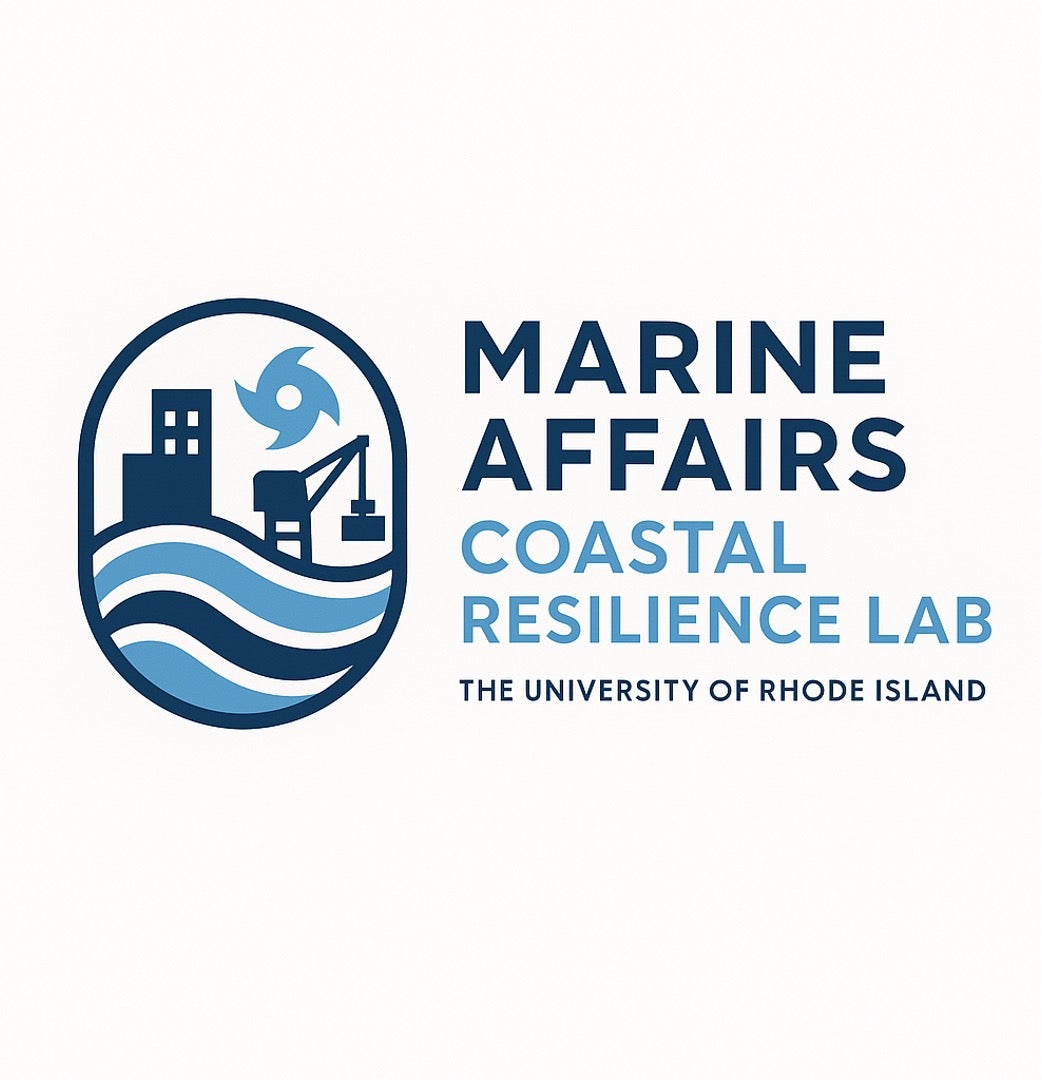Major Project conducted by LCDR David Bourbeau
The United States Coast Guard cannot accurately predict specific heavy weather impacts of high wind, wave, or sea inundation to its critical infrastructure. The Service needs better planning tools to understand the heavy weather impacts to its facilities to ensure uninterrupted operational readiness and to build necessary resiliency within the Marine Transportation System. This paper describes how the Coastal Hazards, Analysis, Modeling and Prediction application (CHAMP) can help fill that need by providing a quantitative and actionable decision-making tool for increasing resilience and determining coastal infrastructure risks at the hyper-local scale.
Rising greenhouse gases are driving a warmer climate. Warmer surface temperatures are causing oceans to warm and sea levels to rise. The changing climate will be responsible for the greater intensity and frequency of extreme weather events that will lead to increased property losses and cause costly disruptions to society upon landfall (4th National Climate Assessment, Reidmiller). Even under the most stringent greenhouse gas mitigation scenario, projections indicate that the frequency, depth, and extent of both high tide and severe damaging coastal flooding will increase rapidly in the coming decades. With high confidence, due to relative sea level rise, current 1-in-100-year extreme sea level events are projected to occur at least annually in more than half of all tide gauge locations by 2100 under all considered scenarios. Notably, other projected regional changes include the intensification of tropical cyclones and/or extratropical storms (IPCC, AR6). The risks of climate change and sea level rise are unavoidable, especially for coastal communities. Like other emergency managers around the nation, the Coast Guard faces challenges understanding how to prepare for storm related hazards affecting its critical infrastructure. These risks need to serve as motivation for the Coast Guard to implement effective tools for emergency management planning and force readiness. Tools like CHAMP will USCG decision makers adapt to the inevitable climate future and increase coastal resiliency practices and to develop risk mitigation strategies.

